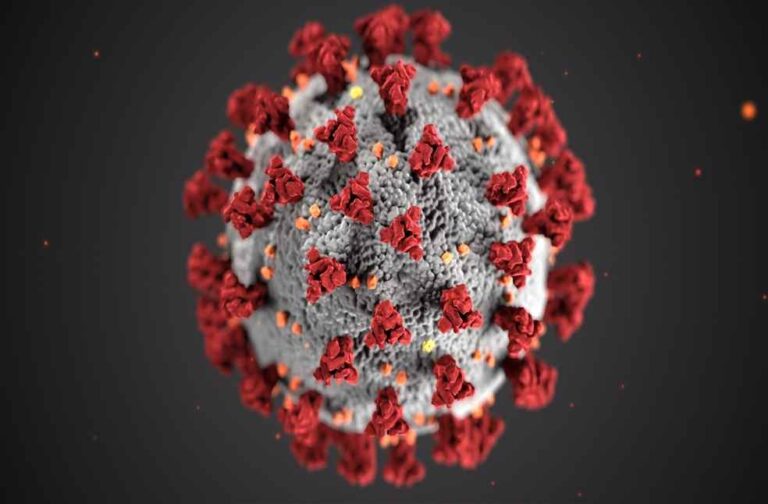United Kingdom: A new study has revealed that the impact of COVID-19 and post-COVID-19 symptoms on cognitive health is well-understood. The research was published in ‘The New England Journal of Medicine (NEJM).’
The recent study of 141,583 adults in England disclosed measurable cognitive deficiencies and impairments, especially in those who reported recent memory issues or difficulty concentrating, commonly referred to as “brain fog”.
The researchers have found that individuals who have been affected by COVID-19 are experiencing poor memory and difficulty thinking or concentrating which is often referred to as “brain fog”. This has led to concerns that COVID-19 may have long-lasting cognitive consequences. However, there is a lack of objective data on cognitive performance and it is unclear which cognitive functions are most vulnerable and how long such deficits may persist.
The study involved participants completing eight computerized tasks in a fixed order on their devices, such as a desktop or laptop computer, tablet, or smartphone. The tasks were part of the Cognitron battery and included immediate memory, two-dimensional mental manipulation, spatial working memory, spatial planning, verbal and analogical reasoning, word definitions, information sampling, and delayed memory.
According to the researchers, the findings indicated that as the pandemic progressed, the link between COVID-19 and cognitive deficits weakened. The study found that individuals infected with the virus during recent variant periods experienced smaller cognitive deficits than those infected with the original virus or the Alpha variant.

“We also found a small cognitive advantage among participants who had received two or more vaccinations and a minimal effect of repeat episodes of COVID-19,” the researchers added.
Long COVID-19 is the term used to define symptoms that some people experience even after they have recovered from the acute phase of COVID-19. One of the most common symptoms of chronic COVID-19 is brain fog, a condition characterized by difficulty concentrating, memory problems and problems with mental clarity. This cognitive impairment can significantly affect a person’s daily life and overall quality of life.
Studies have shown that brain fog in people with chronic COVID-19 may be caused by a mix of factors such as inflammation, immune system dysfunction, and neurological changes resulting from the initial viral infection. To manage brain fog in prolonged COVID-19, a multidisciplinary approach is often recommended.
These include getting plenty of rest, undergoing cognitive rehabilitation, receiving mental health support, and treating the underlying medical conditions. Research is still ongoing to understand the mechanisms underlying brain fog in long COVID-19 and find effective treatment approaches for this challenging symptom.
TOP PICKS | COVID caused ‘lasting harm’ to brain of older adults; Study



